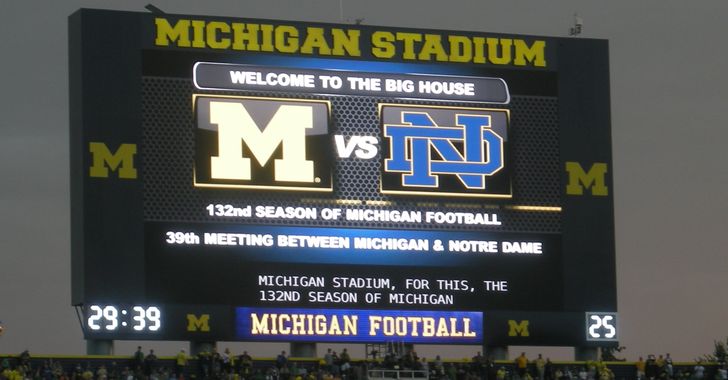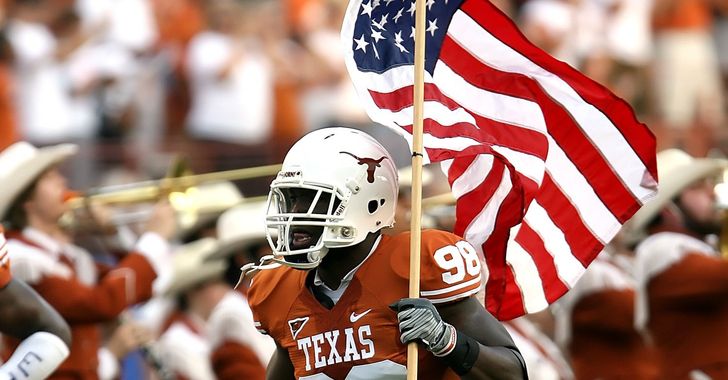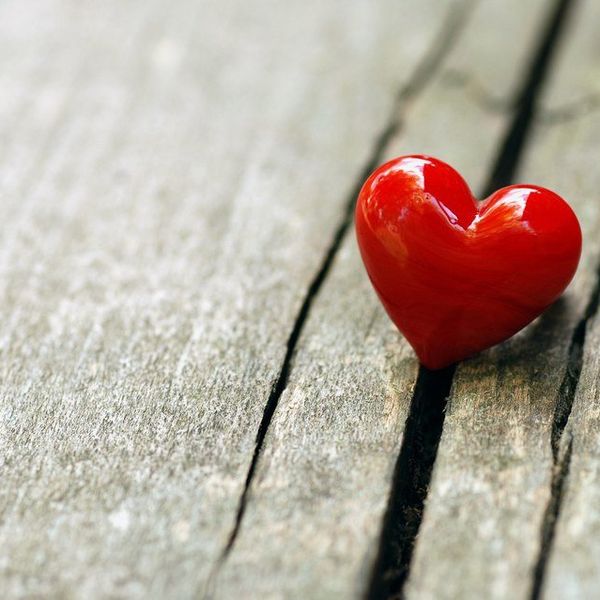If you're a college student, you've probably heard about the horrific and sad news of PSU student Timothy Piazza's death.
As my friends and I read about how Piazza's brothers neglected him as he vomited, fell down stairs, and struggled to sit or walk, they expressed their shock and disgust. Sadly, I wasn't shocked. The details seemed all too familiar — it was like I heard the same story before.
And that's because I have.
* * *
In 2013, a student who graduated from my high school, Mike Deng, was pledging the Pi Delta Psi fraternity at Baruch College. As a hazing activity, Mike and other pledges were blindfolded and forced to carry bags filled with sand while brothers tackled them. He was knocked down and hit his head. He was unconscious for hours.
His brothers tried to wake him up.
Timothy's brothers tried everything they could to wake him up, dumping water on him and slapping his face.
They freaked out and called their president asking him what they should do. He told them to destroy all evidence linking the frat to the incident.
A brother screams at everyone to get help for Timothy, but he's slammed into a wall and yelled at. The vice president tells him he's being crazy and overreacting.
When Mike failed to wake up after two more hours, his brothers hid all PDPsi-related paraphernalia and deleted texts and group messages.
When Timothy failed to wake up, his brothers deleted all Beta-related texts and group messages. They wiped his face and dressed him up.
They called for help but it was too late.
They called for help but it was too late.
Mike was pronounced dead at the hospital.
Timothy was pronounced dead at the hospital.
His parents picked up the phone the next morning and had to hear the words: Your son died yesterday from major brain trauma.
His parents picked up the phone the next morning and had to hear the words: Your son died yesterday. He had toxic levels of alcohol in his blood.
* * *
I didn't know Mike personally, but he was a familiar face. I had seen him in the hallways and heard from other students about what a great guy he was. For a week, the atmosphere at my high school wasn't the same. Everyone was devastated. Our community had lost someone. A lot of us didn't know him but as fellow students, we felt sad for him, his friends and his family. He was just like us — a Bronx Science student with a bright future. And his future was taken away much too early.
I imagine that right now, Penn State students feel the same way.
Over the past 48 hours, the reaction has been huge. In the comments of the article, I see outraged parents, a frustrated administration and angry students. Each pointing fingers and asking, “Who is to blame?"
Some fingers are pointing at the Penn State administration. Some point to the culture at Penn State. A lot of these fingers point to Greek life.
As a member of a sorority, I admit that Greek life has become less about ritual, tradition, sisterhood/brotherhood — the three foundations it was founded on — and has increasingly become more about the parties, the social hierarchy, and risk management. There have been conversations about the administration at Penn State wanting to eliminate the Greek system completely, because of this.
However, it is unfair to say that situations like these are a Greek problem. This is an “us" problem. College itself has become less about education and more about the glamor. “Going out" used to be defined as fun, casual nights out with friends, but now it's drinking in a house party basement full of strangers until you black out.
When we're confronted with situations like these, where a friend drinks a life-endangering amount and it's our responsibility to make the call for help, a lot of us are afraid to make that call.
We're isolating this problem so that it seems exclusive to Greek life. Yes, in all honesty, Greek life has a strong focus on social events and parties but this could've happened at any party — Greek or not. This could've happened to anyone.
It could've been a high school student drinking for the first time at a house party and dying because his friends were afraid of being arrested for underage drinking. It could've been an athlete who just joined a varsity team being pressured into drinking excessively and dying because his teammates were afraid of being arrested for hazing. It could've been a band member who was physically hazed and died because everyone thought he was fine.
It could've been any of these people — because it has happened to all of these people.
2006 — Limestone College student Zach Dunlevy was carried back to his room after blacking out at a lacrosse party, and left in his dorm room bed. He was found unresponsive the next morning and died from an alcohol overdose.
2011 — Takeimi Rao died at the age of 14 from alcohol poisoning at a sleepover.
2011 — Band member Robert Champion died from blunt force trauma after being physically hazed with drumsticks and mallets on a band bus.
Strict enforcement or elimination of fraternities and sororities is not going to stop deaths like these. Parties will still happen. Students will still drink, not knowing their limits. Their friends will watch, still afraid to step in. What really needs to change is the way we react and think.
It's also not just a Penn State thing. A month ago, the administration at my college, Lehigh University, drafted an email to be sent to the student body notifying them that a student from our school had passed away after being hospitalized for an alcohol overdose. The email was never sent out. After being extremely close to dying, a miracle happened. Even though doctors told her parents and Lehigh that she probably wouldn't make it, she woke up. Hearing this news, I was shaken.
Other Lehigh students also woke up after hearing this, but it shouldn't have to take a near-death experience to get our attention.
In situations like these, we often lose sight of what's important. Our first reaction is “What will happen to me? Will I get cited? Will I be arrested? What if my parents kill me? What if the school punishes me?" when it really should be “What will happen to my friend? Will he/she be okay? What if a family loses their son/daughter? How will I live with myself if they die because I didn't get them help in time?"
Ask yourself if avoiding a citation is more important than saving your friend's life.
The administration can make 20 different types of alcohol training classes required for students if it wanted to, it can implement medical amnesty policies, it can get rid of Greek life, it can tell RAs to be stricter.
But that's the full extent of their power.
There's only so much they can do. It's up to us to care about each other and rely on each other to help each other when our lives are in danger.
I hope that Timothy and Mike's story will encourage other college students to start being less selfish and smarter, so I never have to hear the same story ever again.
SEE ALSO: What Happened To Tim Piazza Could Have Happened To Anyone
SEE ALSO: What Greek Students Can Learn From Penn State








 Photo by
Photo by 









































